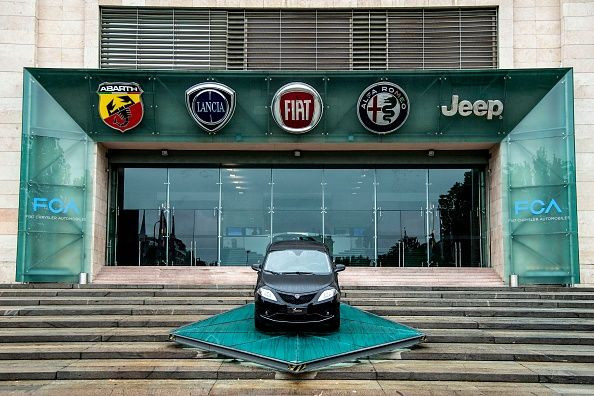Italy’s Proposed $22 Billion Stimulus Package Looks To Strengthen Auto Industry, Protect Workers
Italy is working on a €20 billion ($22.73 billion) stimulus package that will not only help families impacted by the coronavirus, but will also aid the automotive industry, local authorities, and laid-off workers, a government source told Reuters.
The stimulus package is expected to move Italy’s budget deficit to about 11.6% of national output, up from the 10.4% reported in April.
The stimulus spending will come from additional borrowing and help the auto industry. Italy, the eurozone's third-largest economy, has been in a deep recession since the end of April.
The coronavirus caused automakers, such as Italian-American car manufacturer Fiat Chrysler Automobiles (FCA), to shut down production to help prevent the spread of COVID-19. Now with production moving forward, FCA and others are contending with low vehicle demand as consumers grow weary of purchasing or leasing new cars when their jobs may be in jeopardy.
“Slightly less than €1 billion would be used to strengthen current incentives to encourage sales of state-of-the-art combustion engine cars as well as electric and hybrid vehicles,” the source told Reuters.
The stimulus package is expected to be approved by early August, but support from the parliament must be secured to increase the deficit target, Reuters noted. Italy’s government began 2020 with a deficit target of 2.2% of GDP after it reporting a 1.6% deficit in 2019 – the lowest in 12 years.
An additional €10 billion ($11.4 million) has also been earmarked for layoffs, which would reportedly allow companies to furlough their workforce instead of eliminating them altogether during the pandemic.
Additional measures will be provided to companies that lost more in the first half of their revenue in 2020 from lockdown orders, and Rome, which has committed €75 billion ($85.2 billion) for families and companies, will also extend its ban on firing employees past the mid-August deadline, according to Reuters.

© Copyright IBTimes 2024. All rights reserved.




















